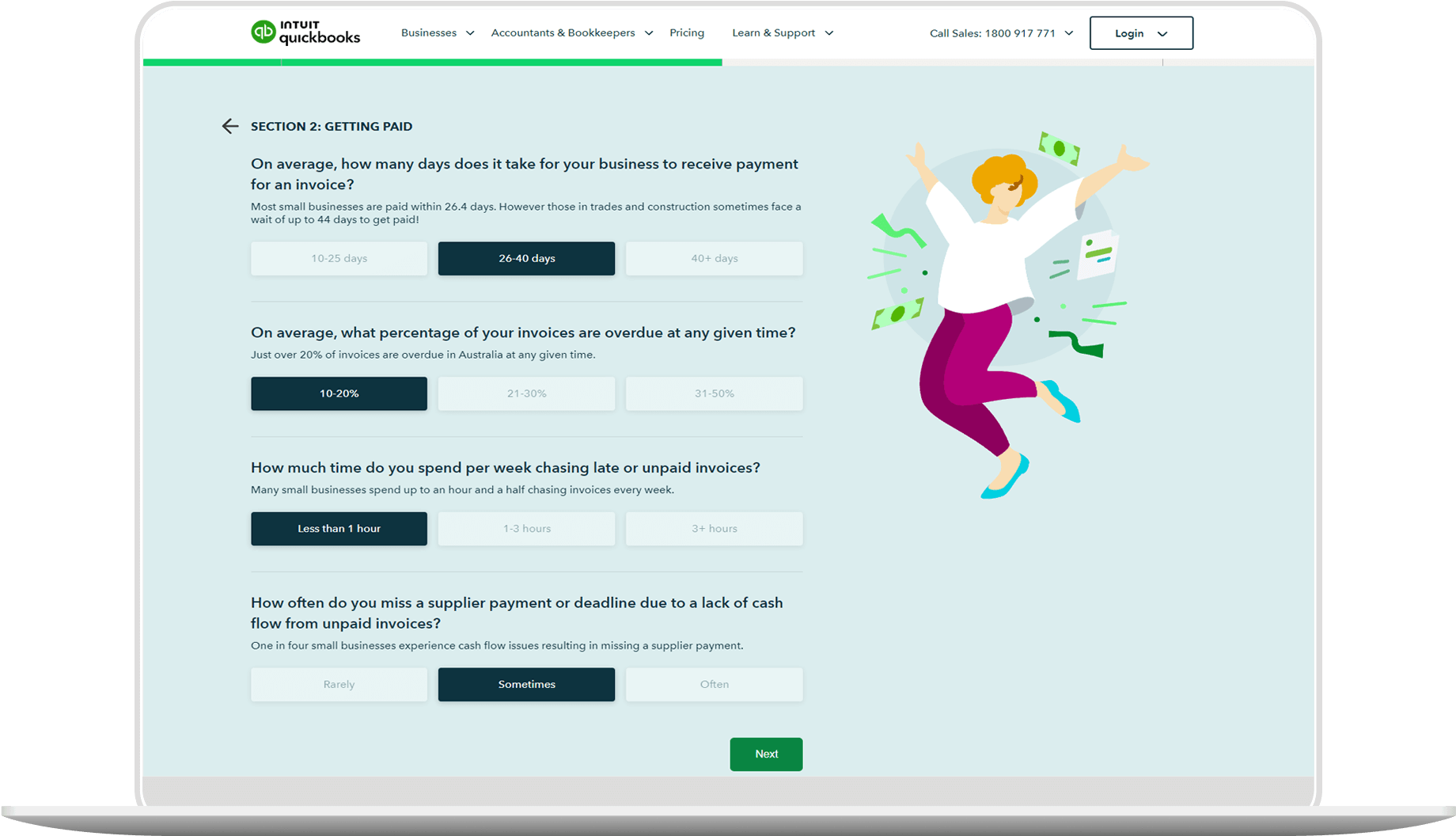Tax deductions for salaries and wages
Operating expenses, also known as working or revenue expenses, typically include the salaries and wages paid to your employees.
What deductions you can claim depends on your business structure:
Sole traders
As a business owner, you can't pay yourself a salary or wage. Any nominal payment is considered a distribution of profit.
So, as an example, John operates a small graphic design business as a sole trader. Since he is the owner, he can't pay himself a salary or wage. Any income he withdraws from the business is not a deductible expense.
Partnerships
As a partner, the partnership can't pay you a salary or wage since you're a partner and not an employee. Any nominal payment is considered a distribution of profit.
For example, Sarah and Tim run a marketing agency as a partnership. As partners, they can't receive a salary or wage from the partnership. Instead, they share the profits, which are not tax-deductible expenses for the business.
Companies and trusts
If your business is a company or trust, you can generally claim a deduction for any salaries and wages paid to you or other workers.
For example, XYZ Pty Ltd, a small software development company, employs five developers, including the director, Jane. As an employee, Jane receives a salary, which the company can claim as a tax-deductible expense.


















